Entry Category: Recreational Organizations
 Albert Pike Memorial Temple
Albert Pike Memorial Temple
Arkansas Society, United States Daughters of 1812
Arkansas Unit, Herb Society of America, Inc. (AU-HSA)
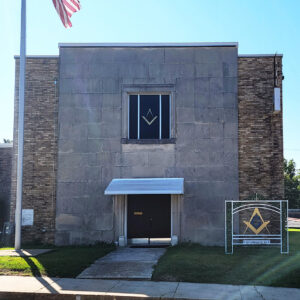 Camden Masonic Lodge
Camden Masonic Lodge
Camp Joyzelle
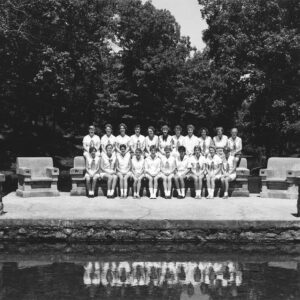 Camp Joyzelle Counselors and Campers
Camp Joyzelle Counselors and Campers
Camp Ouachita National Historic District
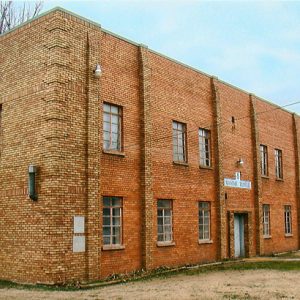 Caraway Masonic Lodge
Caraway Masonic Lodge
 CAREN Board
CAREN Board
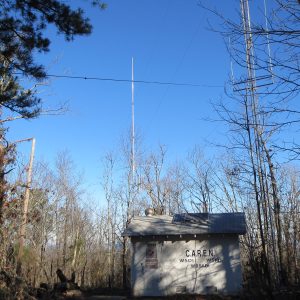 CAREN Building
CAREN Building
 CAREN Equipment
CAREN Equipment
 CAREN Tower
CAREN Tower
Central Arkansas Radio Emergency Network (CAREN)
Chi Omega
 Clinton Building
Clinton Building
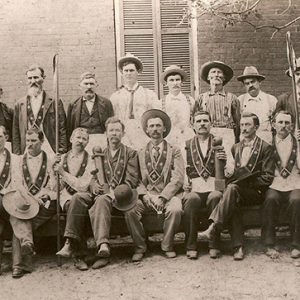 Dover Masons
Dover Masons
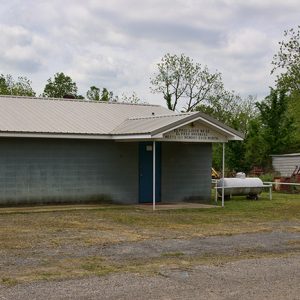 El Paso Masonic Lodge
El Paso Masonic Lodge
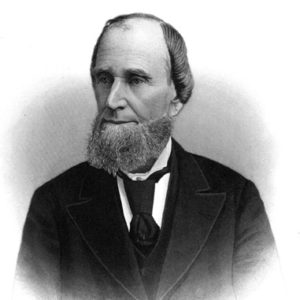 Elbert English
Elbert English
Freemasons
aka: Masons
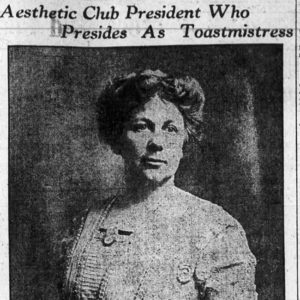 Mrs. L. E. Gardner
Mrs. L. E. Gardner
General Federation of Women’s Clubs of Arkansas (GFWC)
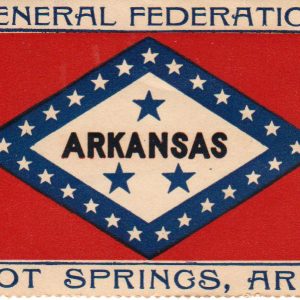 GFWC Sticker
GFWC Sticker
Girl Scouts
Hot Springs Country Club
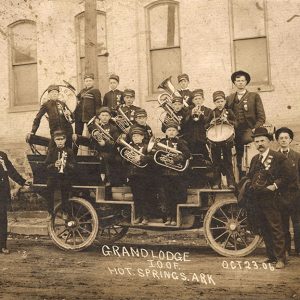 Hot Springs IOOF Lodge
Hot Springs IOOF Lodge
Irish Cultural Society of Arkansas
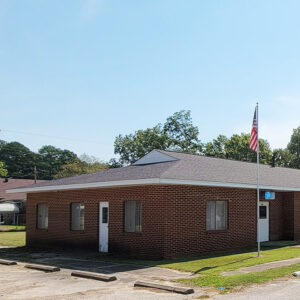 Kensett Masonic Lodge
Kensett Masonic Lodge
Little Rock Garden Club
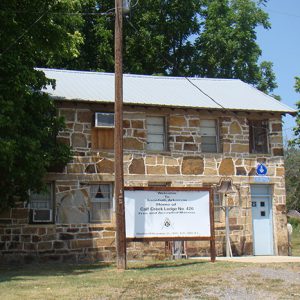 Masonic Lodge 426
Masonic Lodge 426
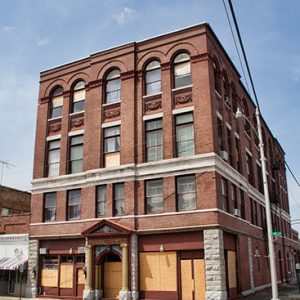 Masonic Temple
Masonic Temple
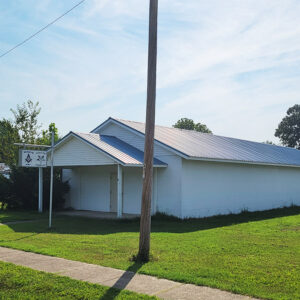 McRae Masonic Lodge
McRae Masonic Lodge
Ozark Mountain UFO Conference
aka: Ozark UFO Conference
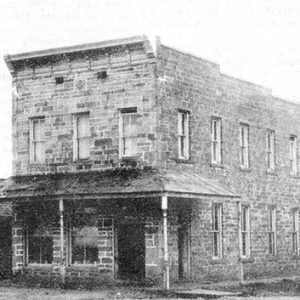 Paris Masonic Lodge
Paris Masonic Lodge
Polk County Possum Club
Quapaw Area Council of the Boy Scouts
Rotary Club of Little Rock
Rotary International
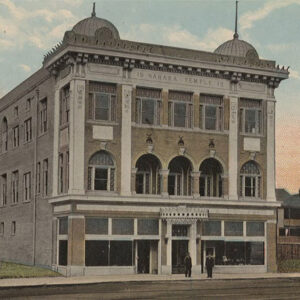 Sahara Temple
Sahara Temple




